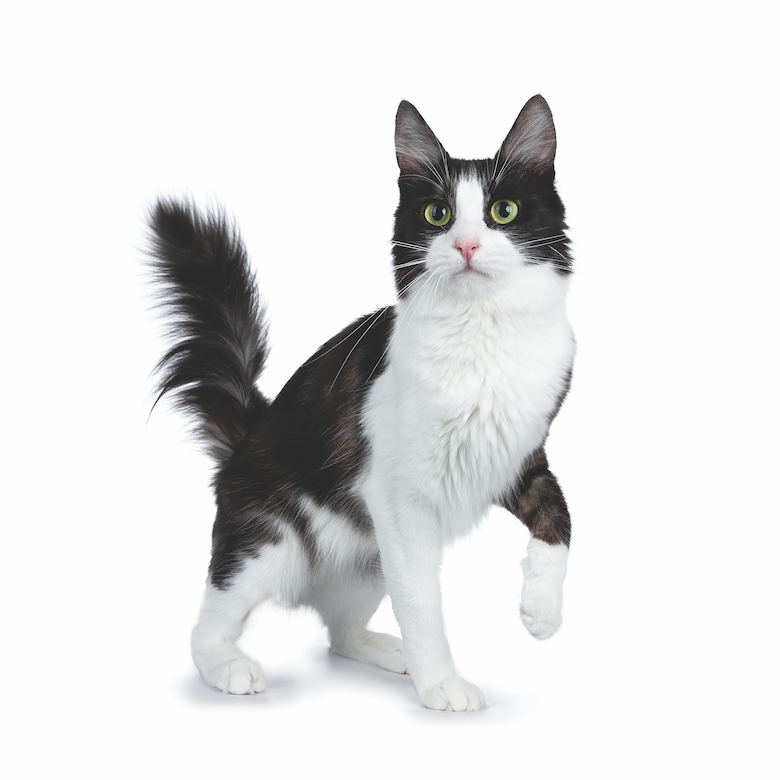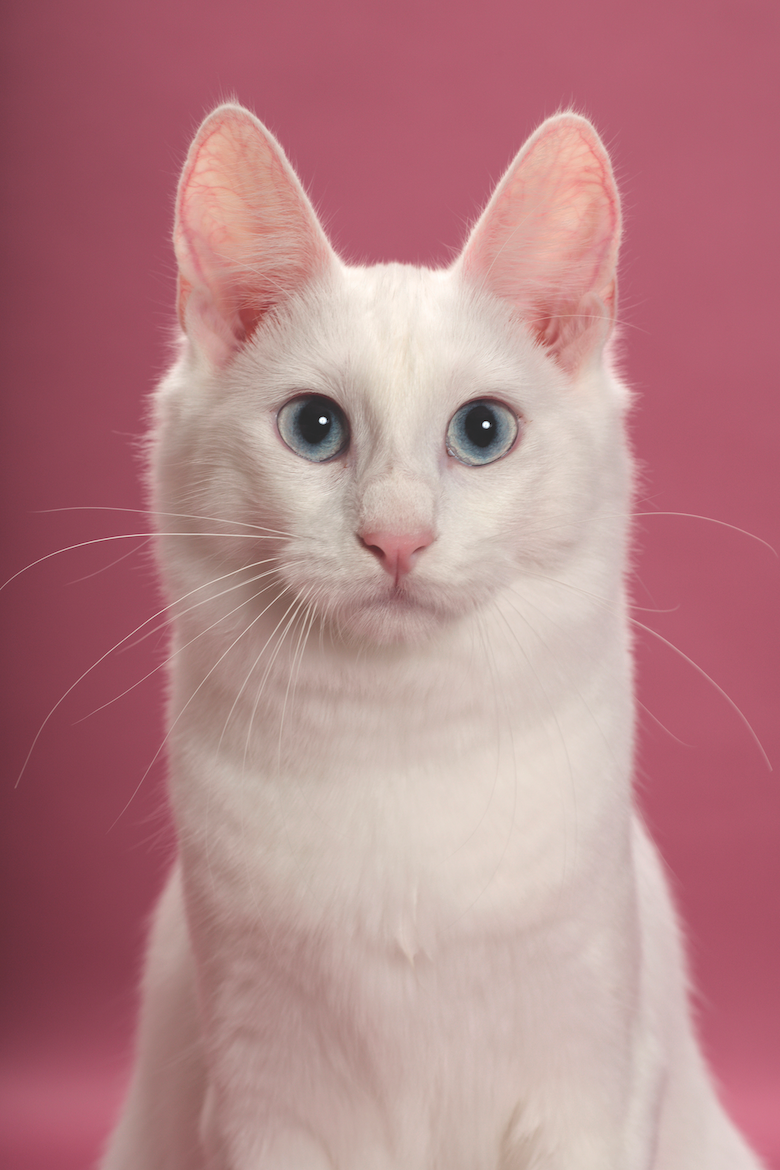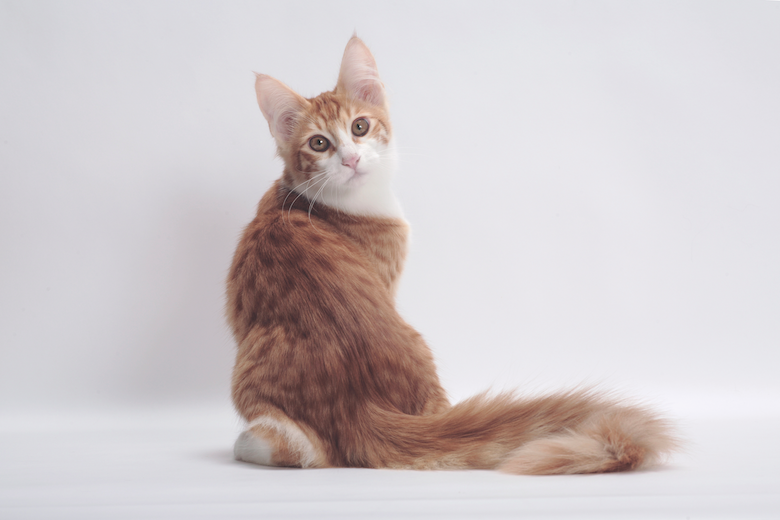Dubbed a national treasure in her homeland of Turkey, the Turkish Angora is an elegant creature with a remarkable assemblage of skills that will leave your jaw on the floor. But before we touch on her extraordinary talents, let’s learn a bit more about the elegant lady of the hour.
The Turkish Angora is a national treasure
The breed has been a part of Turkish history since the 15th century, and the first written reference regarding the Turkish Angora took place in 16th century France. Her presence became better known, however, in the late 19th century, when she was exhibited alongside other novel breeds at some of history’s first cat shows.
Almost lost
Unfortunately, these show appearances almost led to the downfall of the Turkish Angora as a whole.
Persian breeders were enamored with the breed’s sophisticated look and began using Turkish Angoras as part of breeding programs that phased out some of their coveted characteristics. Fortunately, Turkey’s Ankara Zoo began a breeding program of its own — one to preserve the shining star. With such a program in place, the Turkish Angora was able to keep her identity and establish herself as a champion!

Turkish Angoras l-o-v-e water — and are amazing swimmers! Some Turks will even join you in the swimming pool, shower or bathtub! Photo: Nynke van Holten | Getty Images
Origin story
Although it’s unlikely, some believe that the Turkish Angora is a descendant of the Manul (also known as Pallas Cat), an undomesticated, small wildcat common to Central Asia. A more likely descendant? The African Wildcat, who serves as an ancestor to all other domestic cats.
Angoras anonymous
For many years, all long-haired cats, whether related to the Turk or not, were referred to simply as “Angoras.” Now, all Turkish Angoras registered with the Cat Fanciers’ Association must be able to trace their lineage back to Turkey.
Tiny but mighty
The Turkish Angora is most definitely a dainty gal — but she’s hefty in energy. Described as being a small- to medium-sized breed, Turks hover in the 5- to 9-pound category (and that’s at full, adult size!), but what she lacks in bulk she more than makes up for in behavior.

Photo: Tetsu Yamazaki
Turkish ’tude
Although her look is sleek and chic, this funny feline is known for her trickster ways and sassy sense of humor! Frequently compared with a playful pooch, Turks have the grace of a ballerina coupled with the energy of a Labrador Retriever. Lively and agile, she digs interactive play with her peeps and lives for (extra) tall cat trees for climbing.
Tricky kitty
Turks are clever creatures who observe their humans’ every move. Behaviors are learned quickly and difficult to change, so be on your best behavior when this little lady has her eyes on you. She learns from your behaviors — meaning turning on the faucet for an impromptu swim in the sink or opening up a cabinet to sneak a treat — or five — are just two of the many tricks she has up her figurative sleeve.
Good grooming
Turks have soft, silky, medium- length coats that look lush, but rarely mat, and require minimal upkeep. A good combing with a fine-tooth comb at least twice a week is all she needs.
Colors galore
Though best known for their clean white coloring, Turks (whose life span ranges from 13 years and up) come in a large assortment of shades and patterns — from mackerel and tortoiseshell to red, black, blue, cream and tabby. On that note, their eyes are not always blue or green (as lore would have you believe). Eye colors can appear in amber, gold, green, blue or odd (two different color eyes).
Family fun
Family, singleton, senior, youngster — the Turkish Angora is an ideal feline for any familial situation, even those with homes that contain pups or other critters. Turks just want a friend, and they never discriminate. A word of advice though: Turkish Angoras are highly assertive cats, so they will take over your home from the time of their arrival. Be prepared to relinquish your authority.
Featured Image: Tetsu Yamazaki
Read Next: 20 of the Most Popular Cat Breeds
